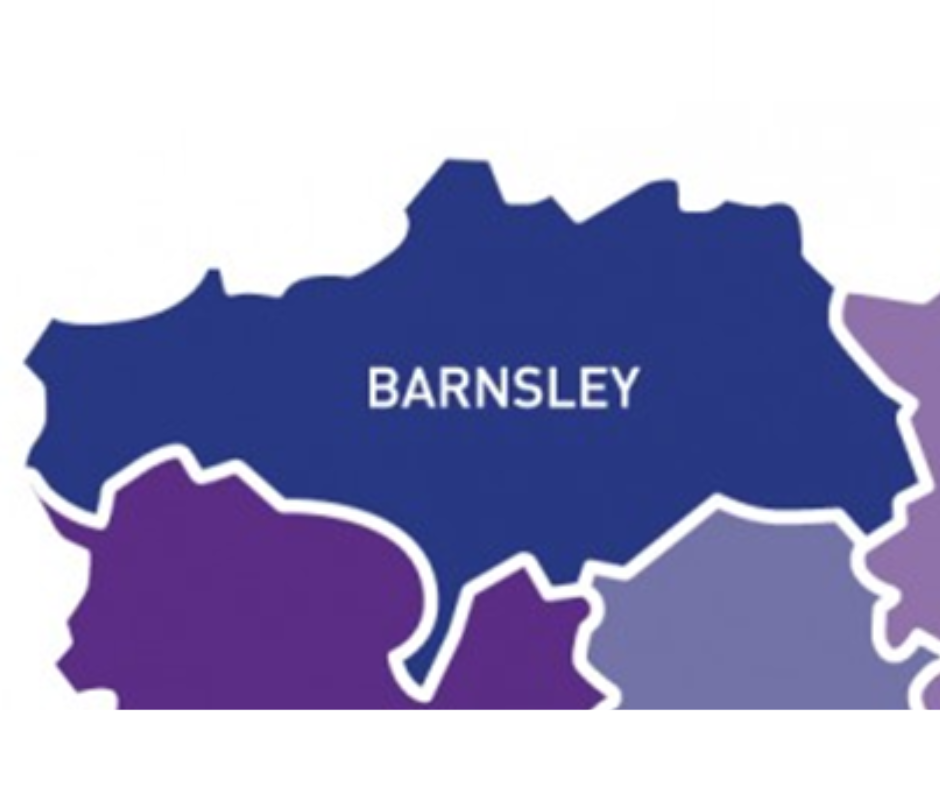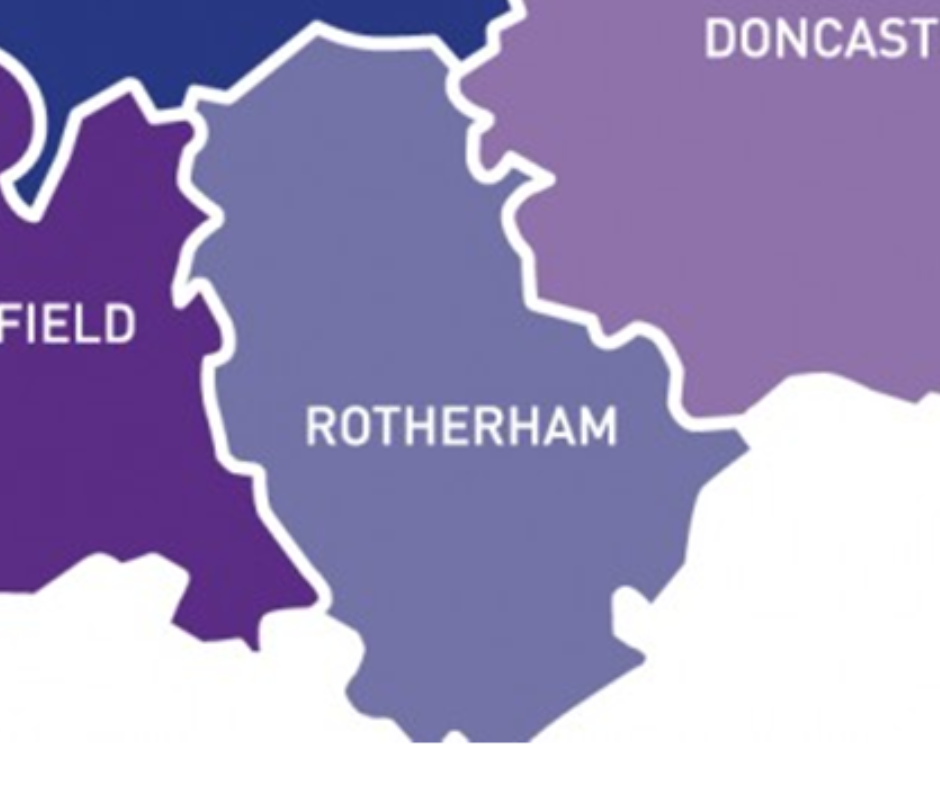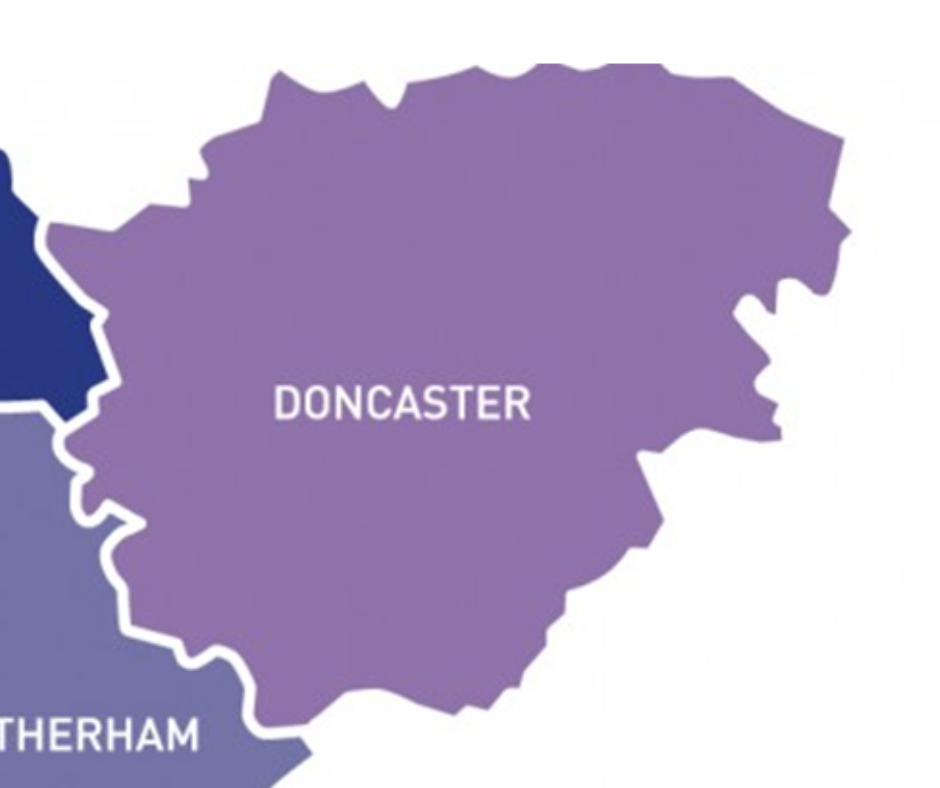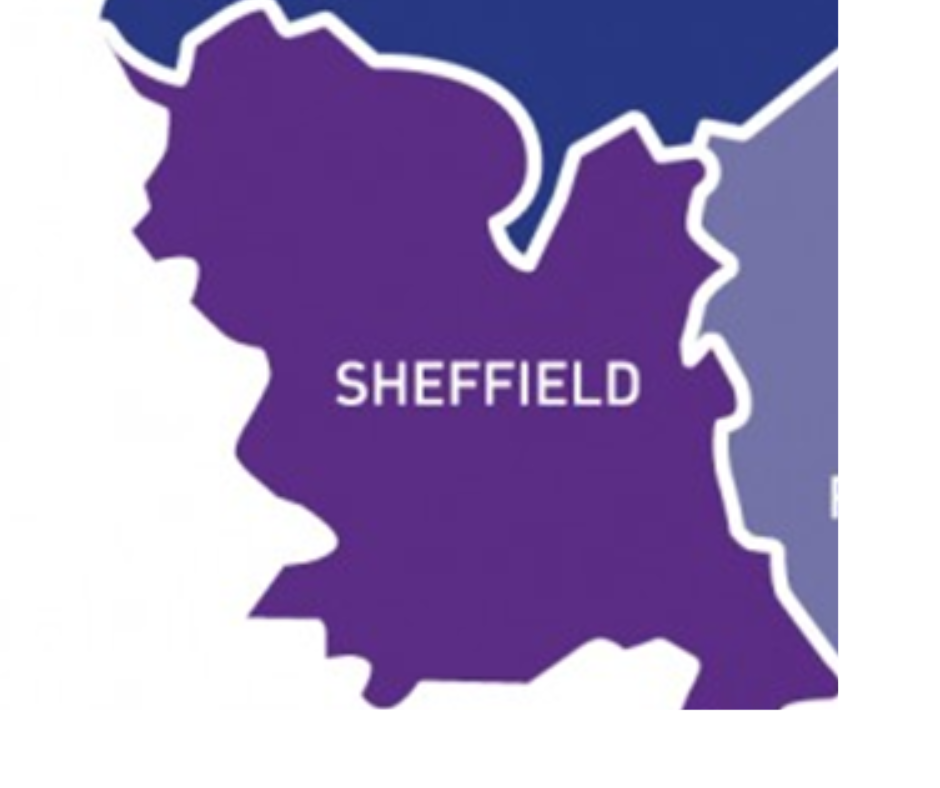Mental Health Support
Could your child be struggling with their mental health? It is important to recognise the symptoms and triggers of mental health struggles, as without doing this we are unlikely to be able to support our children, and potentially could make things more challenging without realising.
Noticing Symptoms
It is crucial for parents and carers to be aware of the signs and symptoms that may indicate their child is experiencing mental health difficulties. By recognising these signs early on, you can provide the necessary support and guidance for your child's emotional wellbeing.
- Look out for changes in behaviour, such as irritability, withdrawal, or excessive worry.
- Pay attention to any significant changes in sleep patterns or appetite.
- Notice if your child appears to be struggling with their schoolwork or has a decreased interest in activities they used to enjoy.
- Keep an eye on any physical complaints (such as headaches or stomach aches) that may be related to emotional distress.
Guide for Talking with Your Child about Their Mental Health
Open communication plays a vital role in supporting your child's mental health. Here are some helpful suggestions for discussing their emotional wellbeing:
- Choose a comfortable and quiet setting to have a conversation.
- Be patient and listen attentively without judgement.
- Encourage your child to express their feelings and validate their emotions.
- Avoid dismissing or minimising their concerns; instead, acknowledge their experiences.
- Offer reassurance and let them know that it's okay to ask for help.
- Be prepared to seek professional guidance if needed.
Things in the News
The world may feel like a scary, uncertain place at the moment due to recent events covered in the news. We may not be sure what to think, how to feel or what to do. That is ok, you are not alone.
You may feel sad, angry, scared or worried. Your child might also be feeling some of these same feelings, and that is ok – it’s natural to struggle when times are uncertain, whatever our age.
Sheffield Children's Psychology Team have a page dedicated to this topic.
Mental Health Toolkit
In addition to the resources mentioned above, consider creating a mental health toolkit for your child. This toolkit can include:
- Relaxation techniques, such as deep breathing exercises or guided meditations.
- Journaling prompts for emotional expression and reflection.
- Positive affirmations to boost self-esteem and resilience. Action for children have a variety of ideas and resources to boost wellbeing, mindfulness techniques and sooth anxiety and worries.
- Contact information for helplines or crisis support services, both local and national.
By combining these valuable resources, maintaining open communication, and providing relevant support, you can play a crucial role in promoting your child's mental health and wellbeing. Remember, seeking professional help when needed is always a wise decision.
Getting Support
If you notice persistent or worsening symptoms, it may be beneficial to seek additional support for your child. Here are some pathways you can explore:
- Speak to your child's school counsellor or teacher to discuss your concerns and explore available resources within the school community.
- Consult your GP who can provide guidance and refer you to specialists or mental health services if necessary.
- Reach out to local mental health organisations or helplines that offer support and advice for children's mental health concerns.
Local Services
 Barnsley
Barnsley
Open Up Barnsley - Directory of local services
Rotherham & Barnsley Mind - Support within schools
CAMHS / Branching Minds Barnsley - Request support
Bereavement - Directory of local support
Virtual Family Hub - Mental wellbeing before and after having a baby
 Rotherham
Rotherham
With Me in Mind - Local directory of specialist services
Rotherham & Barnsley Mind - Support within schools
Bereavement Services - Oldfield Centre
Rotherhive - Mental health services
RDASH CAMHS - Child and Adolescent Mental Health Services
 Doncaster
Doncaster
Your Life Doncaster - Local support services
Directory of support - Local support services and resources 3-11s
Doncaster Mind - Support within schools
Donny Dot - Local bereavement support
RDASH CAMHS - Child and Adolescent Mental Health Services
 Sheffield
Sheffield
Sheffield Mental Health Guide - Service Directory
Sheffield Suicide Support - Local suicide support and prevention
Sheffield CAMHS - Child and Adolescent Mental Health Services
National Support
Crisis Support
NHS - To get urgent medical help, use the NHS 111 online service, or call 111 if you’re unable to get help online.
Shout - 24/7 text service, free on all major mobile networks, for anyone in crisis anytime, anywhere. It’s a place to go if you’re struggling to cope and you need immediate help. If you're feeling anxious, low, or overwhelmed, text ‘EYUP’ to 85258 for free, confidential support, 24/7. In partnership with Shout, this anonymous service connects you with a trained mental health professional who’s ready to listen and help.
Samaritans - You can access confidential emotional support at any time from Samaritans either by emailing or by calling 116 123.
Childline - Free, private and confidential service that you can access online and on the phone. They can provide help and support for people up to their 19th birthday.
HOPELINEUK is a confidential support and advice service for:
- Children and young people under the age of 35 who are experiencing thoughts of suicide
- Anyone concerned that a young person could be thinking about suicide
Call 0800 068 4141 any day 9am - 12am (midnight) Text 85258 for immediate help.
General Support
Action for Children - Free advice for parents and carers of children aged 0-19 in the UK. We can support up to age 25 where a child has special educational needs.
Youngminds - Support for young people and parents including helplines.
Mental Health Foundation - Support for specialist groups for young people and their families




